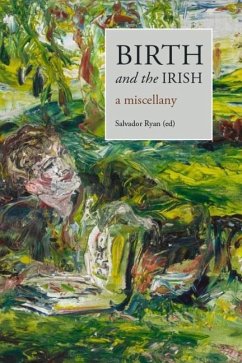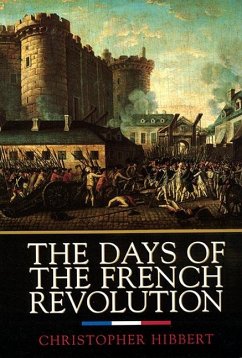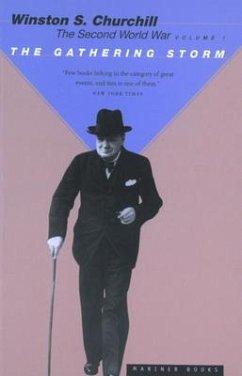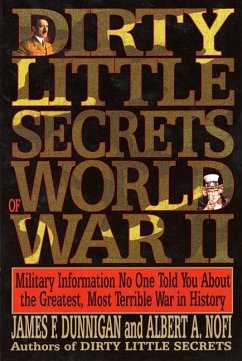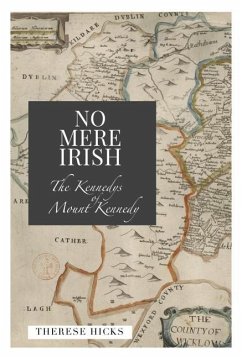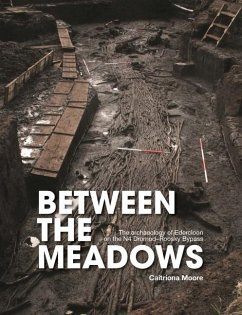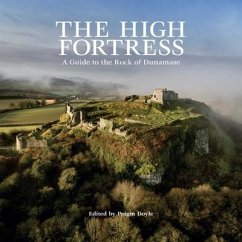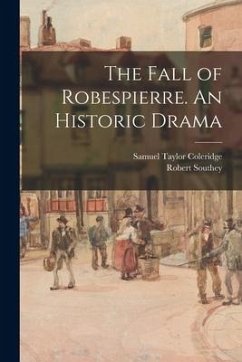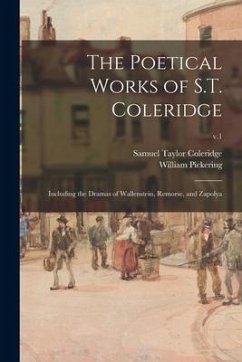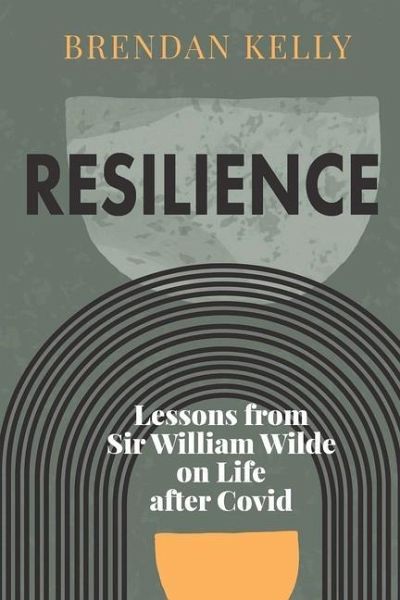
Resilience
Lessons from Sir William Wilde on Life After Covid
Versandkostenfrei!
Versandfertig in über 4 Wochen
19,99 €
inkl. MwSt.

PAYBACK Punkte
10 °P sammeln!
Covid-19 changed how we see ourselves in the world. The pandemic brought loss and uncertainty, but also resilience and coping. People found ways to persevere, survive, and grow. What does the single most traumatic event of our generation mean? Can we learn its lessons? Do societies ever learn lessons? There was collective amnesia about the 1918 Spanish flu. Will we forget Covid-19? This book reflects on the pandemic in Ireland, what we might learn as a society, and what pandemics teach us about ourselves. The history of similar events is explored through the work of Sir William Wilde, Victoria...
Covid-19 changed how we see ourselves in the world. The pandemic brought loss and uncertainty, but also resilience and coping. People found ways to persevere, survive, and grow. What does the single most traumatic event of our generation mean? Can we learn its lessons? Do societies ever learn lessons? There was collective amnesia about the 1918 Spanish flu. Will we forget Covid-19? This book reflects on the pandemic in Ireland, what we might learn as a society, and what pandemics teach us about ourselves. The history of similar events is explored through the work of Sir William Wilde, Victorian doctor and father of playwright Oscar. Wilde knew the impact of infection through his clinical work, his studies of plagues in Irish history, and the tragic meningitis of his beloved daughter, Isola - the same condition from which Oscar later died. Infection is eternal, but each pandemic is new to each generation. This book explores how Covid-19 showed that we are more fragile than we thought, but also stronger, smarter, wiser, and kinder.



